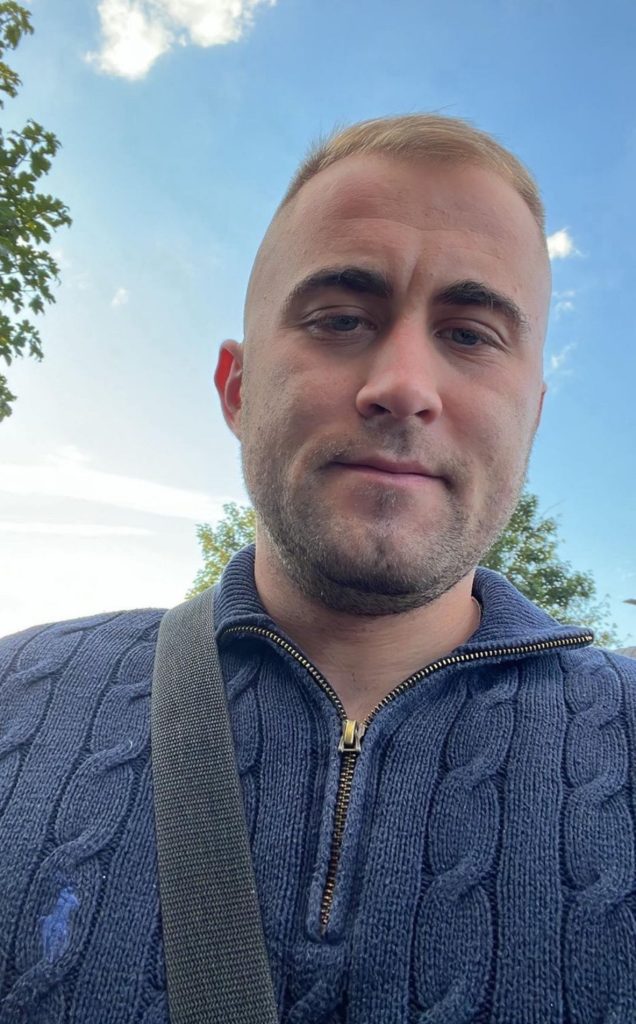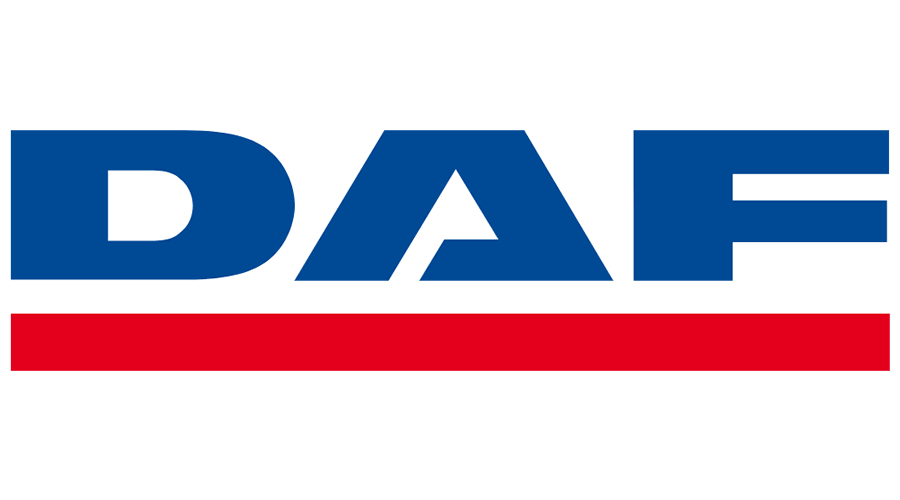At HTC Group, we understand that mental health is just as important as physical health. That’s why we’ve invested in having trained Mental Health First Aiders on site, real people, with real training, who are ready to listen and support.

Recently, Amar, one of our team members, completed a course to refresh and deepen his understanding of how to support colleagues who may be experiencing poor mental health. The training equips first aiders to recognise signs of mental distress and to guide individuals toward the right professional help, whether that’s through a GP, therapist, or a crisis service. More importantly, it provides a listening ear and a safe space to open up.
“I’ve had people close to me struggle with mental health,” Amar shared.
“Not knowing how to help them at the time really stuck with me. That’s why this matters.”
He also reflected on the cultural shift happening — particularly for men around mental health:
“A lot of us grew up thinking that asking for help was weakness. But now we know better. Speaking up is strength.”
Another Mental Health First Aider, Lee Stevens, emphasised how poor mental health can affect focus, safety, and wellbeing in the workplace:
“If we don’t have good mental health, we can become closed off to other people. We can get lost in our own thoughts, spiral, and become overwhelmed. That makes it difficult to focus on our work or even notice physical dangers around us.”
Lee also spoke about the challenges men face in acknowledging mental health struggles:
“In a male-dominated workplace, men are traditionally seen as tough, the providers and protectors, expected to cope with stress. But in reality, we’re just as susceptible to being overwhelmed.
Talking about mental health is still a social taboo for many. It’s not weakness — in fact, sometimes the hardest, toughest thing to do is ask for help.”
Don Cairns, another dedicated, trained first aider and Parts Manager at HTC, echoed the importance of normalising this support:
“To me, it just seems obvious that we should have people to turn to for mental health first aid, in exactly the same way we expect help with physical injuries.
Since becoming a mental health first aider, I’ve been approached by people seeking help. I was glad to be able to point them in the right direction and that they felt safe coming to me.
The subject is still taboo for some, and many are afraid of being judged. But not knowing who to turn to often makes things worse.”

One colleague who felt the benefit of this support firsthand is Mateusz, who shared how much it meant to him:
“The support I got at HTC came at just the right time,” he said.
“It helped me through a tough moment, and I’m so grateful it was there.”
If You’re Struggling, You’re Not Alone
Whether you just need a quiet chat or more guided help, please remember: there are people here who care. Our Mental Health First Aiders are trained to support you, no judgment, just listening and guidance.
You don’t have to wait for a crisis to speak up. Sometimes, simply talking to someone who understands can make all the difference. Reach out. You’re not alone and you never have to be.


